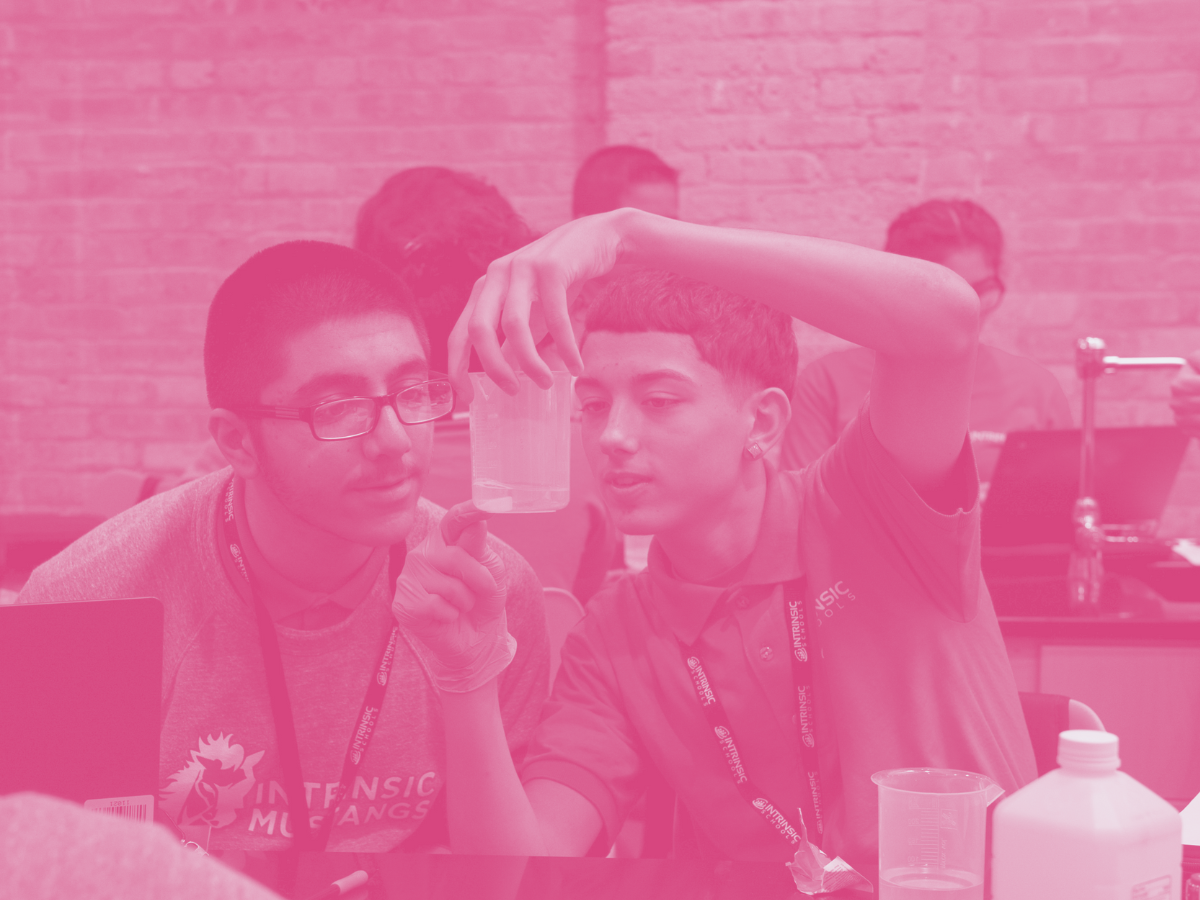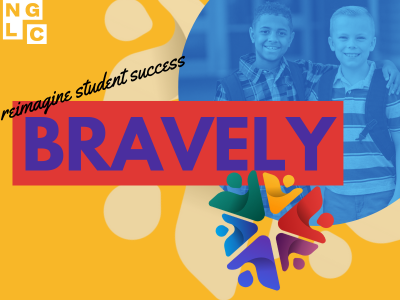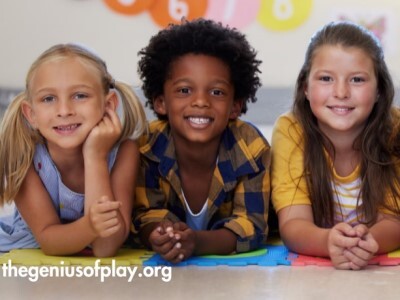New Designs for School
Developing Mindsets for Next Gen Learning
Topics
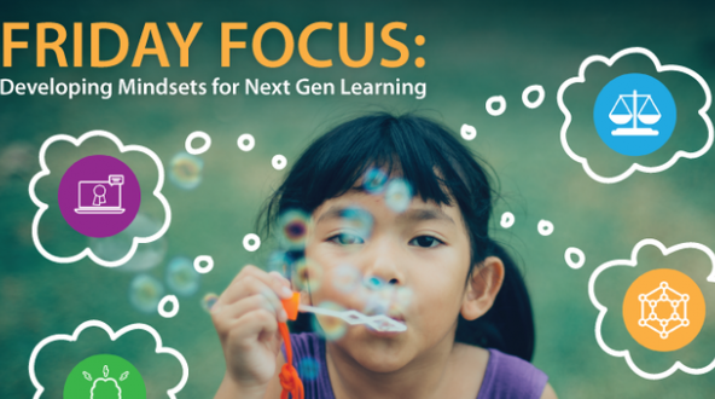
We’ve all had the experience of truly purposeful, authentic learning and know how valuable it is. Educators are taking the best of what we know about learning, student support, effective instruction, and interpersonal skill-building to completely reimagine schools so that students experience that kind of purposeful learning all day, every day.
Friday Focus Practitioner’s Guide to Next Gen Learning
How mindset contributes to success in learning and beyond. Part 1 of 2.
In this week’s Friday Focus: Practitioner’s Guide to Next Gen Learning, we unpack the type of mindsets that contribute to success—in learning and beyond. We also dive into how we can cultivate and support these mindsets in our students. Today we will:
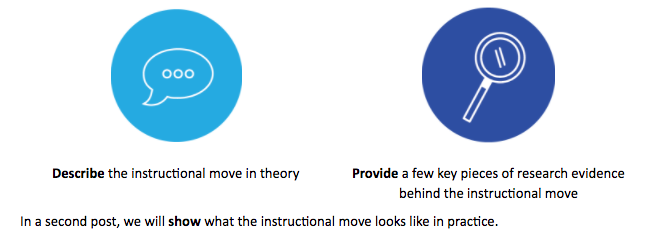
What does cultivating a mindset for success look like? It certainly varies depending, in large part, on the definition of (student) success. All NGLC schools are invested in ensuring their students can thrive now and in the future. Academic skills and content knowledge play a part, but brain and social science, and common sense, has shown us that success goes way beyond that. Our mindsets—the ways in which we approach and see our world and the attitudes we have about our experiences—are inarguably a huge part of this success.
In a recent playbook by Heather Staker of the Christensen Institute, How to Create Higher Performing, Happier Classrooms in Seven Moves, a team of researcher-educators study what schools can learn from the most successful companies and then how we can apply these learnings as “moves” in our classrooms through a robust pilot. One of the first insights: teach mindsets.
Facebook, for example, “encourages a culture of ‘move fast, break things’ and ‘done is better than perfect.’ Although mistakes in the code can cost millions of dollars, Facebook leaders encourage employees to make bold decisions and take risks. When serious errors occur, teams schedule a review meeting—not to assign blame, but to discuss what happened, why, and how to avoid the error in the future.” Medallia, another organization studied, emphasizes a growth mindset that’s modeled by leaders. “At all-hands meetings, they openly share their mistakes and their plans to fix them.”
See the table below for more moves.
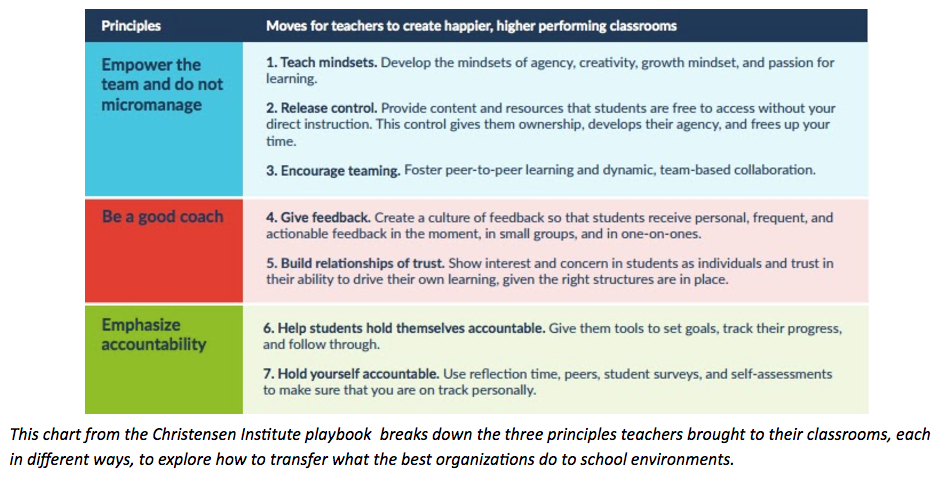
Cultivating a mindset that promotes learning is an important element for success in school and life. Keep reading to explore the evidence behind fostering and supporting the development of a growth-oriented mindset.

Research demonstrates students’ mindsets have a direct correlation to learning success. Dig into these studies to learn more:
- Carol Dweck’s research on growth mindset—“the idea that we can grow our brain’s capacity to learn and solve problems”—has made a huge impact on the field of learning and is one of the most well-known. Take a look at this excerpt from the report Academic Tenacity Mindsets and Skills that Promote Long-Term Learning, by Dweck, Gregory M. Walton, and Geoffrey L. Cohen, to see how students’ mindsets about intelligence and academic improvement can predict performance in real-world settings.
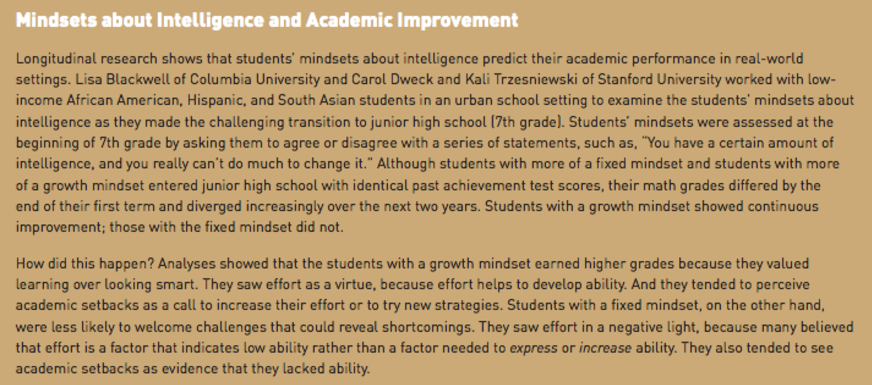
- “The far-reaching effects of believing people can change: Implicit theories of personality shape stress, health, and achievement during adolescence.” This study goes beyond attitudes about intelligence and looks at adolescents’ mindsets toward their and others’ personalities. In it, the researchers found that among high schoolers, students who believed people’s personalities were unchangeable or fixed had higher levels of stress and poorer health. And researchers found that introducing students to the theory that personalities can grow and change can have positive effects. Read a summary of the article. How profound to realize that just by talking to our students about the capacity for change we can influence their experiences and, more importantly, how they see these experiences.
- In the study “Mindset about Intelligence and Meaningful and Mindful Effort: It’s Not My Hardest Class Anymore!,” college students were challenged to confront their beliefs about their own intelligence. Through calculated and collaborative exercises forcing them to evaluate their efforts when presented with new concepts in their classes, they gained a more positive mindset about their abilities to learn, especially when presented with subjects that are traditionally perceived as difficult. The research, published in Learning Communities Research and Practice, presents a new perspective about the definition of academic success, both from a teaching and learning standpoint.
- “How Inquiry Pedagogy Enables Teachers to Facilitate Growth Mindsets in Mathematics Classrooms” explores instructional techniques for helping students understand complicated math concepts. By acknowledging the difficulty of a topic while helping students see they have the tools they need to succeed, students feel more empowered and gain a more positive mindset, one that embodied flexibility and the ability to embrace the unknown easier.
- Our team member Sarah Luchs wrote about the research behind happiness, learning, and success, noting that “we perform best when our brains are in a positive state (as compared with a negative or neutral state). In a happy state, our brain is chemically activated and opens to learning. Across multiple tasks and a variety of professions, being in a positive, happy, or optimistic state improves performance and can make you up to 31% more productive.” Learn more about what science tells us about how a mindset of happiness affects our life through this TED talk.
In our next post, we’ll show some examples of schools developing student mindsets for next gen learning. Go to K-12 Schools Are Developing Mindsets for Next Gen Learning.


